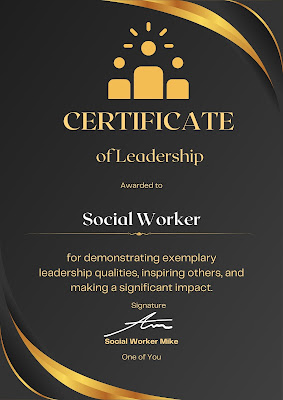1. Pre-dependence: This stage refers to the period before an individual becomes dependent on others. During this stage, social workers can provide preventive interventions to address risk factors that may lead to dependency, such as poverty, social isolation, or mental health issues. Social workers can connect individuals with community resources and support networks, provide education on healthy coping strategies, and promote personal agency and empowerment.
2. Early dependence: This stage refers to the initial phase of dependence, in which an individual begins to rely on others for support. Social workers can help individuals identify and address the underlying causes of their dependence, such as addiction, trauma, or lack of skills. Social workers can provide counseling, case management, and referral to treatment services, as well as advocacy for access to resources and social support.
3. Moderate dependence: This stage refers to a more entrenched state of dependence, in which an individual's life is significantly impacted by their reliance on others. Social workers can provide ongoing support and intervention to help individuals maintain stability and improve their quality of life. This may involve providing practical assistance, such as housing or employment support, as well as emotional support and counseling.
4. Severe dependence: This stage refers to a state of extreme dependence, in which an individual's functioning is severely impaired by their reliance on others. Social workers may work with individuals in this stage to address complex and co-occurring issues, such as addiction, mental illness, or homelessness. This may involve intensive case management, crisis intervention, and collaboration with other service providers.
5. Recovery and independence: This stage refers to the process of regaining autonomy and self-sufficiency after a period of dependence. Social workers can support individuals in this stage by providing ongoing support and monitoring, promoting healthy coping strategies, and connecting individuals with community resources and peer support. Social workers can also facilitate the development of skills and resources necessary for long-term independence, such as financial literacy, vocational training, and social integration.
Overall, social workers play a critical role in addressing dependency at all stages by providing holistic, client-centered interventions that address the underlying causes of dependence and promote personal agency and empowerment.










